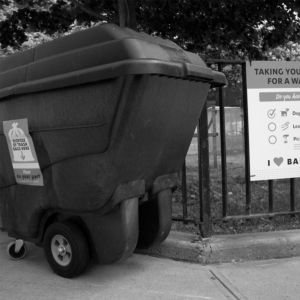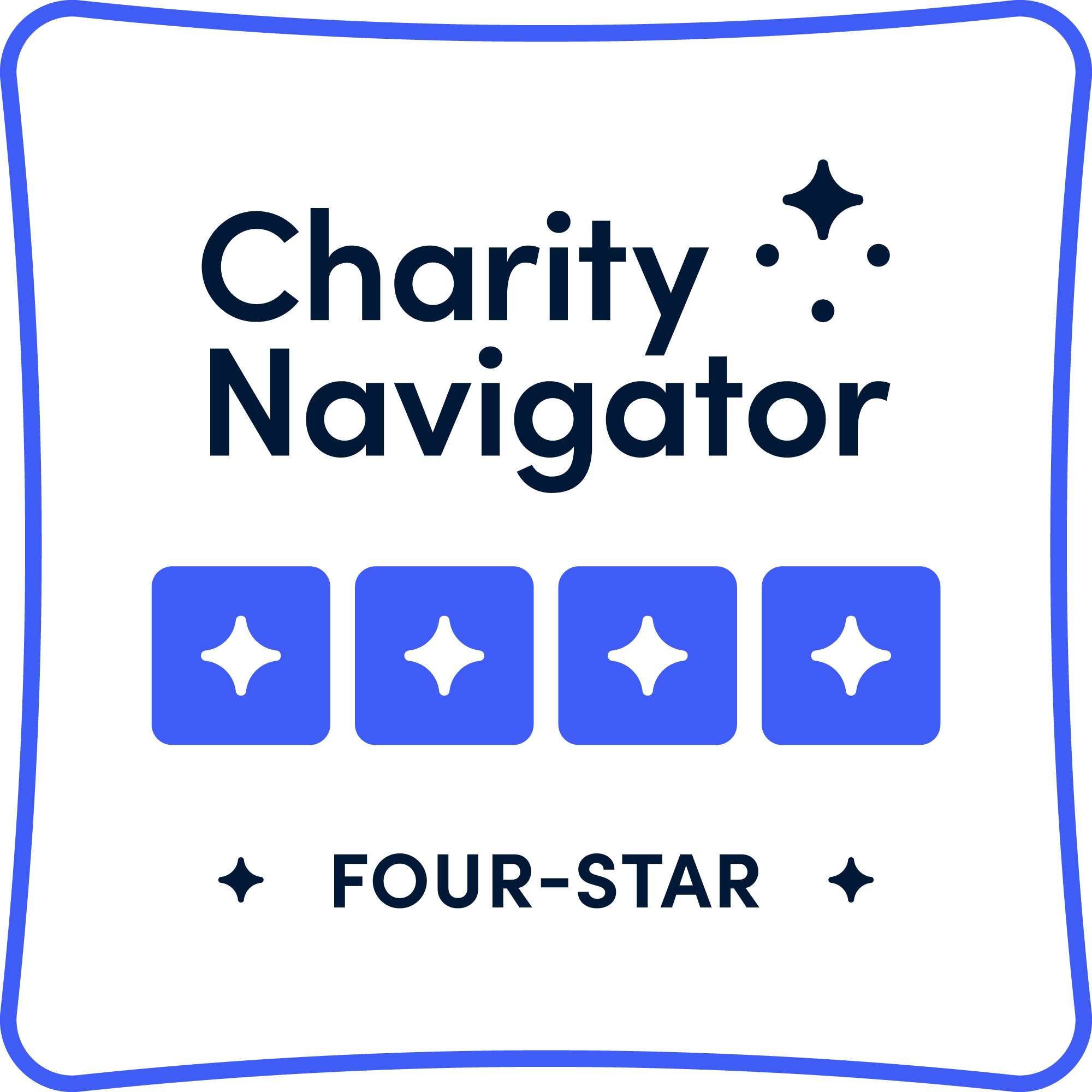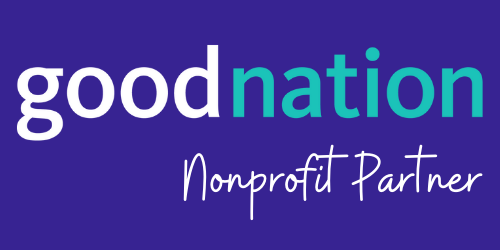Poverty Interrupted
Some 45 million Americans live in poverty—a staggering 14% of the population. Among them are millions of children who, as a result of their scarce resources, fall behind their peers in physical, mental, and emotional health. This perpetuates a cycle of poverty that passes down from generation to generation.
Our initiative, Poverty Interrupted, is an effort to help children and their families break out of this cycle of poverty. The application of behavioral science to this endemic problem could lead to improved lives and more efficient deployment of limited public resources.
In 2014, our team studied the causes, costs and, consequences of poverty, and current anti-poverty initiatives, in a behavioral context. We reviewed a vast body of academic literature and spoke with more than 70 experts on poverty in the United States, including academics, practitioners, and most importantly, parents raising children on low incomes. We also gathered information and insights from 15 service organizations across the country.
Our research phase culminated with the publication of a white paper that includes specific recommendations for policy-makers, program designers, direct service providers and others interested in better aligning anti-poverty systems and services with human behavior.
We will soon begin working with funders and partner organizations to test our recommendations on the ground, with the ultimate goal of scaling up successful interventions to help as many families as possible break the grip of poverty.
Interested in learning more about this work applying behavioral science to a crucial social problem? Reach out to us at info@ideas42.org or tweet at @ideas42 to join the conversation.









